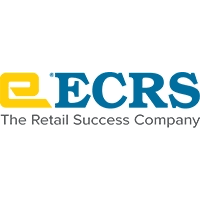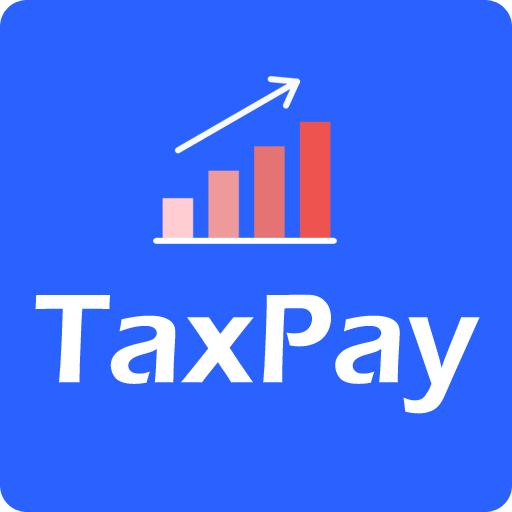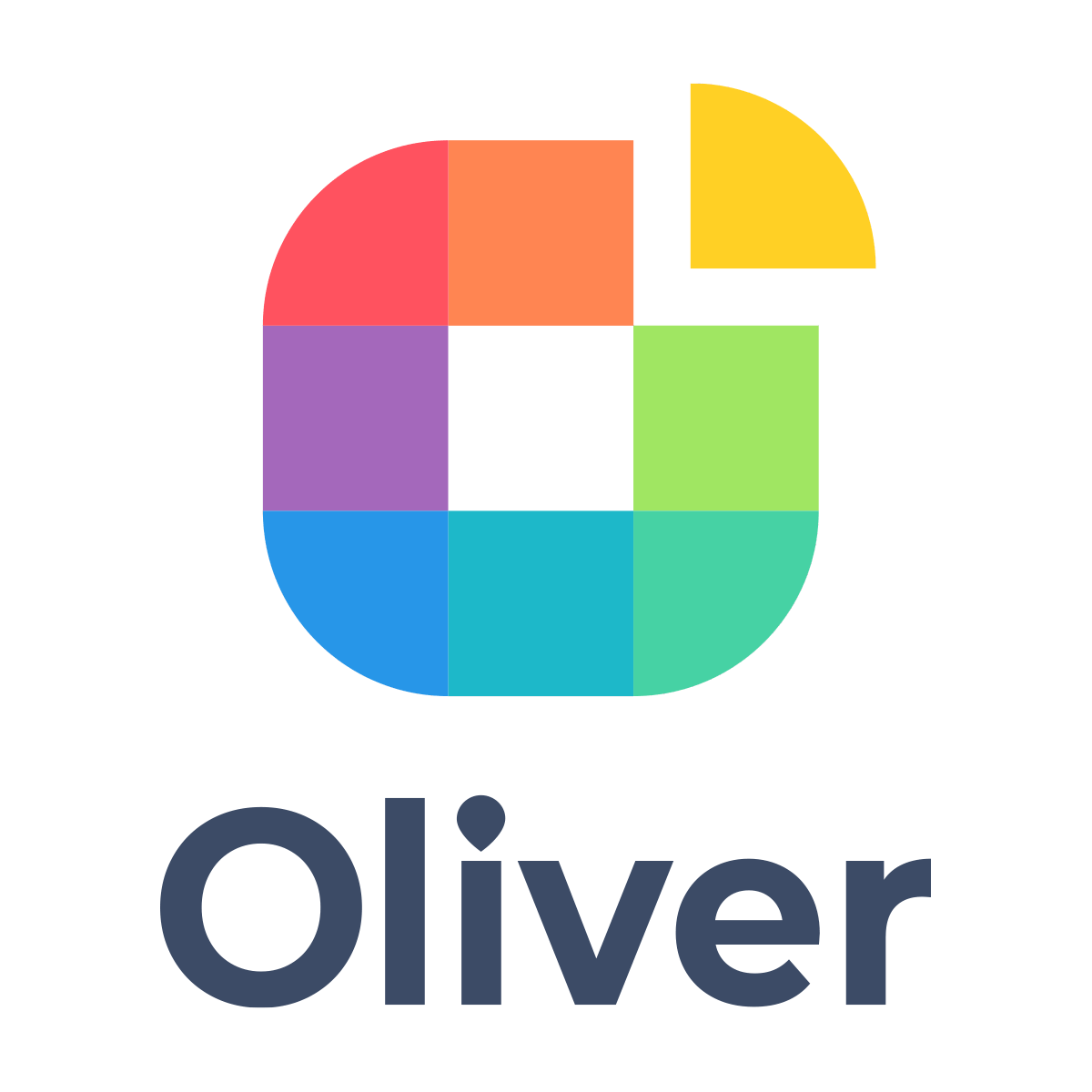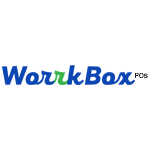Description

ECRS

Taxpay
Comprehensive Overview: ECRS vs Taxpay
ECRS and Taxpay are two distinct entities that serve different functions within their respective markets. Here’s an overview of each:
ECRS (Efficient Consumer Response System)
ECRS is typically associated with solutions in the retail and grocery industries, focusing on technology systems that streamline operations.
a) Primary Functions and Target Markets
-
Primary Functions:
- Point of Sale (POS) systems
- Inventory Management
- Self-Checkout Solutions
- Customer Loyalty Programs
- Data Analytics for sales and inventory
-
Target Markets:
- Grocery Stores
- Retail Chains
- Specialty Retailers
- Convenience Stores
b) Market Share and User Base
- Market Share: ECRS is a notable player in the retail technology space but faces competition from larger companies like NCR, Toshiba, and Oracle's MICROS.
- User Base: Focus on mid-sized to large retail operations that require robust, scalable solutions for managing both front-end and back-end processes.
c) Key Differentiating Factors
- Comprehensive System Integration: ECRS offers end-to-end solutions that integrate various aspects of retail operations from checkout to inventory management.
- Focus on Grocery Retail: More tailored solutions for grocery and specialty food markets compared to some general retail system providers.
- Innovation in POS Technology: Continual updates and innovations that include features like mobile checkout and detailed consumer analytics.
Taxpay
Taxpay likely refers to a financial or tax-related software/service typically used by businesses or individuals for payroll and tax management. However, without specific branding or context, it might be a fictional or obscure product name. Here’s a generic overview based on typical tax software functionalities:
a) Primary Functions and Target Markets
-
Primary Functions:
- Payroll Management
- Tax Filing and Compliance
- Automatic Tax Calculations
- Financial Reporting
-
Target Markets:
- Small to Medium Enterprises (SMEs)
- Large Corporations
- Accounting Firms
- Individual Tax Filers (if applicable)
b) Market Share and User Base
- Market Share: This would depend on the specific brand or service named "Taxpay". Generally, tax software faces stiff competition from products like TurboTax, H&R Block, and QuickBooks.
- User Base: Typically targets businesses seeking efficient payroll and tax management solutions, aiming at a user base needing simplified tax compliance.
c) Key Differentiating Factors
- Integration Capabilities: How well the product integrates with existing financial or ERP (Enterprise Resource Planning) systems.
- User Interface and Experience: Ease of use can differentiate it from competitors, especially for businesses not requiring extensive financial expertise.
- Compliance Tools: Up-to-date with regulatory changes, providing automatic updates for new tax laws and compliance requirements.
Conclusion:
ECRS focuses on providing retail technology solutions primarily for the grocery and retail markets, emphasizing system integration and innovation. Taxpay, from a general standpoint, would be a tax and payroll solution aiming to simplify compliance and financial management tasks, possibly competing against larger tax software giants. The key to each product's success often lies in their ability to tailor their offerings to meet the specific needs of their respective target markets.
Contact Info

Year founded :
1940
Not Available
Not Available
Not Available
Not Available

Year founded :
2017
Not Available
Not Available
India
Not Available
Feature Similarity Breakdown: ECRS, Taxpay
To provide a comprehensive feature similarity breakdown for ECRS and Taxpay, I'll address each of your points accordingly:
a) Core Features in Common:
- Point-of-Sale (POS) System: Both systems offer functionalities to manage sales transactions efficiently.
- Inventory Management: ECRS and Taxpay facilitate the tracking and management of inventory, ensuring optimal stock levels.
- Reporting and Analytics: They provide reporting tools to analyze sales data, helping businesses make informed decisions.
- Customer Relationship Management (CRM): Both systems may include CRM tools to maintain customer data and enhance the customer experience.
- Integration Capabilities: They often support integration with other business systems, such as accounting software.
b) User Interface Comparison:
- The interface design of ECRS and Taxpay will generally follow the industry standards for usability but can vary based on specific implementation.
- ECRS might focus on a more retail-oriented interface given its background, with features easily accessible for quick transactions typical in retail environments.
- Taxpay could offer a more financial or accounting-centric interface, aiming at simplifying tasks related to taxes and financial reporting.
- Overall user interface preference may depend on the user's specific needs and familiarity with each system's layout and navigation style.
c) Unique Features:
- ECRS:
- Advanced Inventory Solutions: ECRS may offer more sophisticated inventory tracking solutions, optimized for a variety of retail sectors.
- Automated Checkout Systems: Some ECRS solutions might include options for self-checkout systems, enhancing customer service speed.
- Taxpay:
- Tax Calculation and Filing: Unique to Taxpay could be advanced features for handling tax calculations and electronic filing, which might not be a focus of ECRS.
- Regulatory Compliance Tools: Taxpay might provide specific tools to ensure adherence to changing tax regulations, offering peace of mind to businesses.
These observations are based on the typical functionalities of ECRS (often associated with retail POS systems) and Taxpay (focused on financial aspects like taxation). Actual product offerings may vary, and for exact details, reviewing each product's specifications or contacting their support/sales teams would be advisable.
Features

Not Available

Not Available
Best Fit Use Cases: ECRS, Taxpay
To determine the best fit use cases for ECRS and Taxpay, it’s important to analyze each solution's capabilities and strengths in the context of business types and scenarios:
ECRS (Electronic Cash Register System)
a) For what types of businesses or projects is ECRS the best choice?
ECRS is primarily suited for retail operations and businesses that require robust point-of-sale (POS) systems. It offers an integrated approach to managing sales, inventory, and customer service. Businesses that would benefit most from ECRS typically include:
- Grocery Stores and Supermarkets: ECRS excels in high-volume, fast-paced retail environments, handling complex inventory and providing efficient checkout processes.
- Convenience Stores: With an emphasis on quick transactions and inventory management, ECRS provides a seamless system for these retail settings.
- Specialty Retailers: Stores requiring detailed inventory tracking and customer management can benefit from ECRS’s comprehensive features.
- Restaurants and Cafes: When paired with the right modules, ECRS can cater to food service operations needing integration between front-of-house and back-of-house functions.
d) How do these products cater to different industry verticals or company sizes?
- Industry Vertical: ECRS is versatile within the retail sector and can be tailored to fit specific retail niches due to its modularity and scalability in inventory and customer service management.
- Company Size: It is suitable for small to large retail businesses due to its scalability. Smaller operations can start with basic functionalities and scale up as needed with more advanced features.
Taxpay
b) In what scenarios would Taxpay be the preferred option?
Taxpay is designed for handling payroll taxes and related compliance issues, making it ideal for businesses needing comprehensive payroll and tax management solutions. It would be preferred in scenarios such as:
- Small to Medium Enterprises (SMEs): These businesses often lack dedicated payroll departments, making Taxpay invaluable for managing payroll taxes, filing returns, and ensuring compliance effortlessly.
- Accounting Firms: Firms that manage payrolls for multiple clients can leverage Taxpay to streamline operations and ensure accurate tax filings.
- Contract-Based Businesses: Businesses with fluctuating employee numbers or those who hire freelancers and contract workers would find Taxpay useful for managing the tax implications of various employment types.
- Startups: These entities often have limited resources and benefit from a system that automates payroll compliance and minimizes errors.
d) How do these products cater to different industry verticals or company sizes?
- Industry Vertical: Taxpay is adaptable across diverse industries needing payroll management. Its functionality extends beyond payroll processing to comprehensive tax management, making it suitable for sectors from tech startups to manufacturing.
- Company Size: While primarily aimed at SMEs, taxpay solutions can scale for larger organizations needing custom tax solutions or operating in multiple jurisdictions, thanks to its automation and integration capabilities.
Overall, ECRS targets retail environments needing efficient POS systems, while Taxpay is focused on streamlining tax-related payroll processes, serving various industries through its comprehensive tax and compliance solutions.
Pricing

Pricing Not Available

Pricing Not Available
Metrics History
Metrics History
Comparing undefined across companies
Conclusion & Final Verdict: ECRS vs Taxpay
When comparing ECRS (Electronic Cash Register System) and Taxpay, a clear understanding of their functionalities, value propositions, strengths, and weaknesses is essential for determining which product offers the best overall value.
a) Considering all factors, which product offers the best overall value?
Determining the "best overall value" hinges on the specific needs of the user or business in question. Generally, if your primary focus is on streamlining retail operations, enhancing point-of-sale efficiency, and managing inventory, ECRS might provide better value due to its comprehensive POS system capabilities. On the other hand, if you seek to simplify payroll processing, tax calculations, and ensure compliance, Taxpay may better suit your needs due to its specialized focus on payroll and tax services.
b) Pros and Cons
ECRS:
-
Pros:
- Comprehensive POS solutions ideal for retail environments.
- Advanced inventory management features.
- Scalability for growing businesses.
- Enhanced customer experience with loyalty programs and promotions.
-
Cons:
- May involve a steeper learning curve for small business owners.
- Higher costs associated with installation and maintenance.
- May offer more features than necessary for businesses solely needing payroll solutions.
Taxpay:
-
Pros:
- Specialized focus on payroll and tax management.
- Streamlines tax compliance and payroll processing.
- Often easier to implement for businesses already familiar with accounting software.
- Provides peace of mind with accurate tax filing and reporting.
-
Cons:
- Limited functionality outside of payroll and tax services.
- May require integration with other systems for broader business operations.
- Less suitable for businesses focused on enhancing retail and checkout experiences.
c) Recommendations for Users Trying to Decide Between ECRS vs Taxpay
-
Evaluate Business Needs: Clearly identify whether your main challenges lie in retail operations or payroll and tax compliance. This understanding should guide your decision.
-
Consider Scalability: For businesses planning to expand or offering a wide range of products, ECRS offers scalable solutions that grow with business needs.
-
Assess Budget and Resources: Small businesses or those with budget constraints should consider the total cost of ownership, including implementation, training, and maintenance.
-
Integration Needs: If you require seamless integration with other existing systems (e.g., accounting software), evaluate which product provides better compatibility.
-
Future Growth: Consider your long-term business goals. If expanding into other services or retail sectors is anticipated, ECRS’s broad capabilities may offer better support.
In conclusion, the decision between ECRS and Taxpay largely depends on whether your primary business focus is on enhancing retail/point-of-sale operations or managing payroll and taxes efficiently. Each product has its own set of advantages that serve distinct business functions. Therefore, a thorough assessment of your specific business requirements and an understanding of each product's capabilities will guide you to the most suitable choice.
Add to compare
Add similar companies




